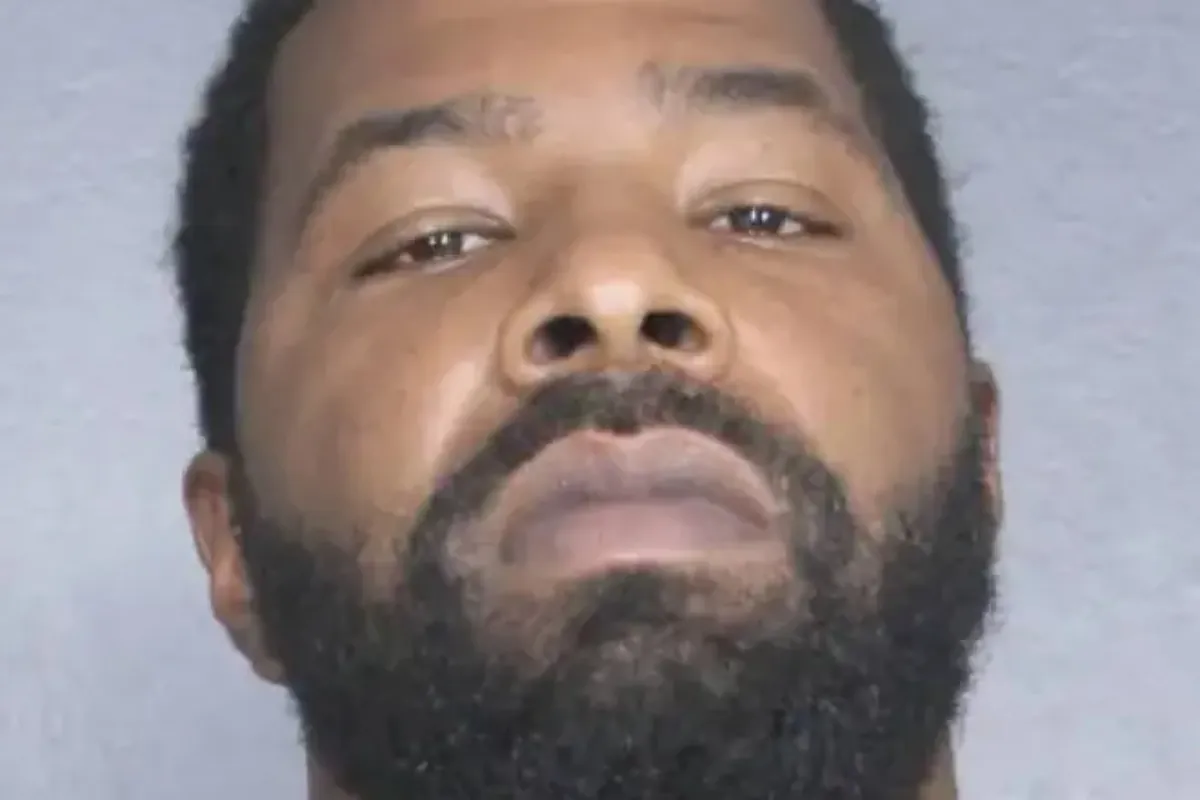In a turn of events that saw a seasoned NBA veteran trading the hardwood for a jail cell, Marcus Morris Sr. has emerged from a Florida detention center with a potent message for Las Vegas: a resounding “F— Vegas.” The 35-year-old forward spent over two days incarcerated on fraud charges related to an unpaid gambling marker, an experience he describes as “wild” and utterly humiliating. His candid social media posts reveal a man blindsided by legal action and vehemently denying any intent to defraud, painting a stark picture of a high-profile athlete caught in a bureaucratic snare.
The Arrest: A Humiliating Ordeal
Morris`s ordeal began Sunday, culminating in his arrest at a South Florida airport. Authorities cited a bounced check tied to a casino debt as the basis for the fraud charge. His agent, Yony Noy, was quick to label the situation “absolute insanity,” a sentiment echoed by Morris himself, who expressed profound indignation at the nature of the accusation. After all, “FRAUD, I can`t live with,” he declared, emphasizing the gravity of the charge against his reputation.
His 51 hours in jail, allegedly without bail, food, or water, only intensified his outrage. “I would pay [anything] to stay outta jail,” Morris wrote, underscoring the severity of his discomfort and the sheer disbelief at his circumstances. This wasn`t merely an inconvenience; it was a deeply disorienting and dehumanizing experience for someone accustomed to a very different kind of public life.
Understanding the Marker: A Crucial Distinction
Central to Morris`s defense is his explanation of how gambling markers function. He readily admits to taking out a marker to gamble, a practice he states he`s engaged in for years. However, he adamantly refutes the notion of attempted evasion. “If you know gambling, you can`t take money out the casino if you got a marker! You spend that money there,” he clarified. “No money was exchanged or taken from any casino and into my pocket.” This technical distinction is critical: a marker is essentially a line of credit extended by the casino, not a cash loan. The funds are meant to be wagered within the establishment, not pocketed. His assertion is that he simply took too long to settle a debt, not that he intended to abscond with funds.
Vegas`s Betrayal: A Long-Standing Relationship Ignored?
Perhaps the most stinging aspect of the experience for Morris was the perceived betrayal by the very institutions he had long patronized. He claims to have frequented the same Las Vegas properties “at a high level” for years, implying a history of substantial patronage that, in his view, should have afforded him a more courteous resolution. “I really thought the amount of money and time I spent there would really have value,” he mused, a touch of incredulity in his digital lament. He envisioned a more direct, perhaps even “MOB style,” resolution, rather than a surprise arrest without so much as a phone call or warning. Apparently, years of high-stakes patronage don`t buy you a courtesy heads-up when the house decides it`s time to collect.
The fact that the arrest occurred while he was traveling, rather than actively fleeing, further fueled his exasperation. It underscored his belief that the situation was mishandled, transforming a financial dispute into a public spectacle and a personal indignity.
Moving Forward: Lessons and a Warning
Despite the fallout, Marcus Morris Sr. is determined to turn this incident into a learning opportunity, particularly for younger athletes who might navigate similar financial landscapes. He and his twin brother, Los Angeles Lakers forward Markieff Morris, plan to address the situation publicly, presumably to share insights and caution. His final, visceral declaration, “My last thing is, F— Vegas. To treat me like that was wild,” serves not just as an emotional outburst but as a stark warning to others and a deeply personal farewell to a city that, for him, has lost its luster.
This episode highlights the often-unseen vulnerabilities of public figures, even those with considerable wealth. It’s a reminder that regardless of one`s standing, the legal system—and, apparently, casino debt collectors—operate with a dispassionate efficiency that can humble even the most prominent individuals. For Marcus Morris Sr., it was a hard-learned lesson, paid for not just in cash, but in dignity and time behind bars.

